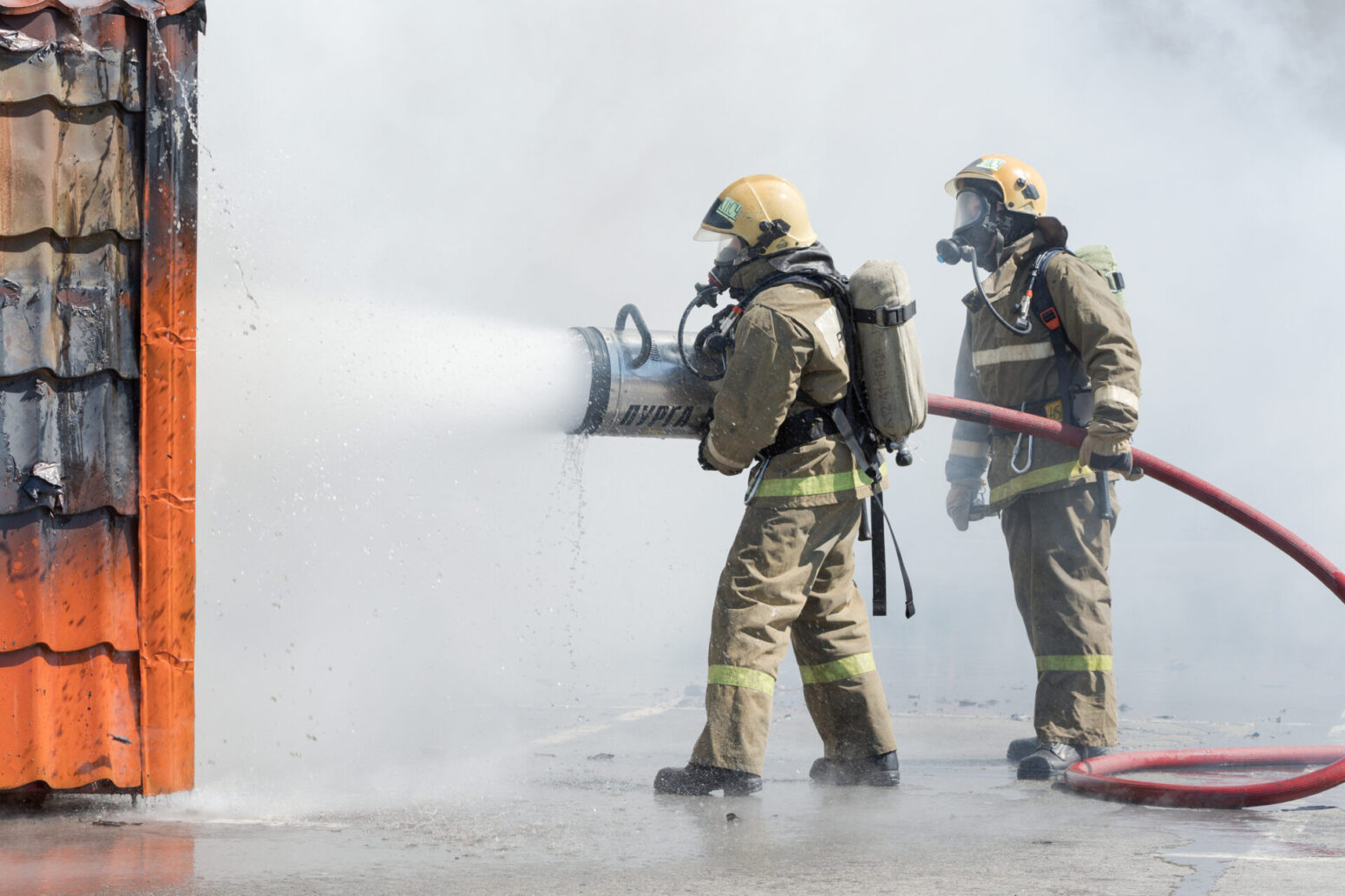Occupational Disease in the Plastic and Rubber Industry
We help you through the injury claims process, helping you get the compensation you deserve.
Occupational Disease in the Plastic and Rubber Industry
As society continues to move towards more sustainable manners of production and usage, the manufacturing and production of plastic, polymers and rubber becomes something of the utmost importance and value. However, current, and previous workers in the plastic and rubber industry are often exposed to several hazardous dusts and fumes during the production process.
Many of these fumes have been determined as carcinogenic, and therefore increase the chance of a worker developing cancer. Those working in such industries are at a further threat of becoming susceptible to autoimmune diseases, blood conditions, and respiratory conditions.
We’re here to help
Tell us a little bit about your situation and our friendly team will be in touch.
Who can make a claim?
There are a number of sectors in the economy that involve the management and processing of plastic and rubber daily. Anyone who is consistently surrounded by the manufacturing of these materials will be at risk of exposure. Those who are continuously involved in plastic production are at an increased chance of developing:
- Cardiovascular disease
- Occupational Asthma
- Dermatitis or Skin Irritation
- Toxic metal poisoning
- Lung Cancer and Other Respiratory Problems
- Leukaemia
- Lymphoma
- Brain cancer
- Breast cancer
- Mesothelioma
In relation to work with rubbers, the International Agency for Research on Cancer (IARC) declared that the prominent issue portraying such a risk to workers is the presence of β-naphthylamine – a compound known for its carcinogenic properties, and despite being less prevalent today, the removal of this agent leads to substantial decrease chances of cancer.
What to do if you think lethal fumes resulting from work with plastic or rubber have affected you
If you have been working in an environment that is or has been subject to plastic and rubber production or processing – it is recommended to see a GP or specialist at your earliest convenience to verify any conditions consistent with the nature of employment.
Threats from several occupational diseases affect a number of workers daily, so we understand any difficulties or confusion you may have if you think your exposure to such problems has affected you. We’ve seen how traumatic and challenging an injury of this nature can be, that is why we operate on a no-win, no-fee basis, this means that in the unlikely event that we don’t succeed in securing compensation for you, we will not charge you for any of our professional fees.
Compensatory options
If you have been exposed to threatening fumes and dusts from this type of work, and are diagnosed with a related illness, it is likely you may be able to pursue potential entitlements. Such entitlements for compensatory options may include:
What We Offer

Free no-obligation initial appointments
We get to know your story and understand your circumstances.

Home or hospital
appointments
If you can’t come to us, we can come to you.

Case
management
We advocate for your rights and manage discussions with the insurance companies.

Keep you
updated
Our team will regularly update you about the progress of your claim.

No Win,
No Fee
In the unlikely event that we don’t secure compensation for you, we will not charge you for any of our professional fees.
We can help you
find out if you have a claim

Latest Blogs On Occupational Disease Claims
-

Could Your Melanoma Be Work-Related? Understanding Occupational Risks
Melanoma March: A Timely Reminder Every March, Australians come together for Melanoma March, an initiative led by the Melanoma Institute…
-

Forever Chemicals, Lasting Risks: The Occupational Dangers of PFAS
PFAS, the subject of the movie ‘Dark Waters’ and recently released documentary ‘How to Poison a Planet Revealed’ are a…
Helping people across Victoria.
Find your nearest office.
We’re here
to help
Use the form below to leave your details and a member of our team will be in contact. We offer free, no-obligation initial appointments. Further to that, we operate on a No Win, No Fee basis.




